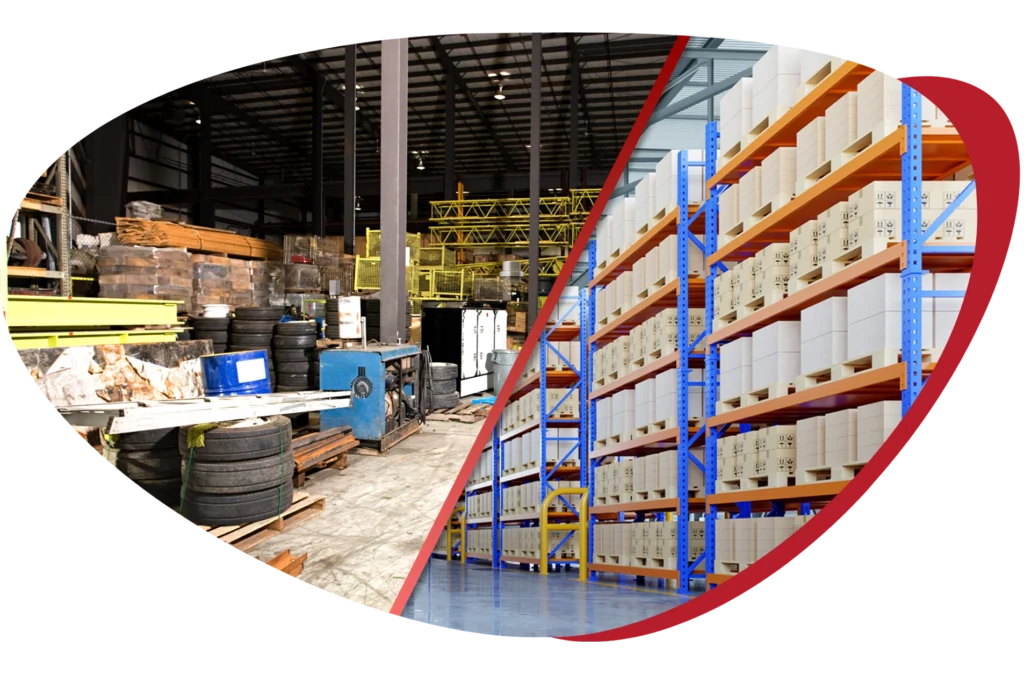Quality Management
QA Management Systems and Certification to AS/NZS ISO 9001


At QIAS we can help with ALL of your quality management requirements, including:
- Business structure reviews for improved performance
- Reduce warranty and failure costs programmes
- Process reviews and process mapping
- Supplier evaluations (also from an health, safety and environmental perspective)
- Preparation of inspection and test plans (ITP’s)
- Preparation of project or contract quality management plans (QMP’s)
- Preparation of quality management systems
- Achieving certification to AS/NZS ISO 9001
With regards to achieving certification to AS/NZS ISO 9001, many businesses when they start along the path of establishing quality or QA management systems have one main focus which is “to achieve QA certification”.
Unfortunately, most of those businesses will achieve QA certification BUT will find that they are getting no real value from the systems that they have put in place. The business leaders then criticise the value of having “QA”, whilst their workers rush around every few weeks before an auditor comes in to create the illusion that they have been complying with their QA management systems. This approach simply doesn’t make sense!
Every management system is perfectly designed to produce the results it creates! So, if a management system has been designed to “achieve QA certification” with no focus whatsoever on building improvements and adding value to the business, then all that is going to be achieved is QA certification.


At QIAS we take a different approach to most people when it comes to establishing quality management systems.
FAQ's
A QA (Quality Assurance) review for your business involves a systematic examination of processes, procedures, and outputs to ensure they meet predefined quality standards and objectives, It may involve evaluating documentation, conducting audits, performing testing, gathering feedback, and implementing corrective actions to enhance overall quality and efficiency within your business operations.


